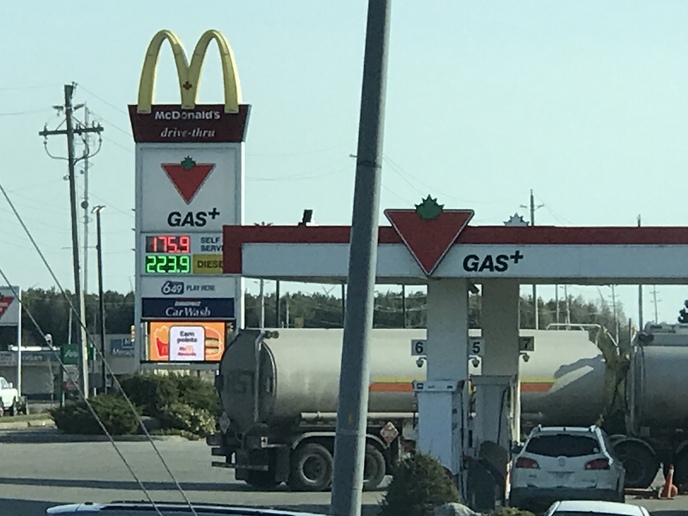buickanddeere
Well-known Member
Anyone still saving money after choosing the $13,000 diesel
option for your truck?
Also saving little to none with the residential diesel lawn and
garden equipment .


ecause the selling price is not based on cost.(quoted from post at 02:05:50 04/30/22) I always thought diesel was easier to make. If so why is it more money? Stan
bet you're right.(quoted from post at 12:31:30 04/30/22) Are you sure he was Amish? My guess is that he was Mennonite.
walked into my local GM dealer one afternoon around 1980 and the first four bays had a Cadillac diesel, a Chevy C-10 diesel, an Olds diesel, and a Chevette diesel. All had the hoods off and the engine disassembled. Once people found out about the reliability issues, you couldn't give them things away. They were great on fuel because they sat in the driveway 24 hours a day.(quoted from post at 17:24:21 04/30/22) A friend had a Cadillac with the 5.7 diesel. He had so much trouble with it that he swapped in a gas engine. Cadillac dealer did the work. Did a lot of others as well. That engine was the direct source of a lot of anti-diesel sentiment among the american public.
(quoted from post at 20:30:01 04/30/22) Diesel engines of that day were inherently more efficient than gasoline engines. /quote]
Certainly a key word in the post is "were" in the 1940's-1990's . By 2007 however the DI gasser was surpassing the Tier IV diesel in light and some medium duty applications .
Ontario no longer purchases Ambulances with diesel engines due to downtime and expense.
We sell tractor parts! We have the parts you need to repair your tractor - the right parts. Our low prices and years of research make us your best choice when you need parts. Shop Online Today.
Copyright © 1997-2024 Yesterday's Tractor Co.
All Rights Reserved. Reproduction of any part of this website, including design and content, without written permission is strictly prohibited. Trade Marks and Trade Names contained and used in this Website are those of others, and are used in this Website in a descriptive sense to refer to the products of others. Use of this Web site constitutes acceptance of our User Agreement and Privacy Policy TRADEMARK DISCLAIMER: Tradenames and Trademarks referred to within Yesterday's Tractor Co. products and within the Yesterday's Tractor Co. websites are the property of their respective trademark holders. None of these trademark holders are affiliated with Yesterday's Tractor Co., our products, or our website nor are we sponsored by them. John Deere and its logos are the registered trademarks of the John Deere Corporation. Agco, Agco Allis, White, Massey Ferguson and their logos are the registered trademarks of AGCO Corporation. Case, Case-IH, Farmall, International Harvester, New Holland and their logos are registered trademarks of CNH Global N.V.
Yesterday's Tractors - Antique Tractor Headquarters
Website Accessibility Policy
